
Can You Travel with a Hamster? A Comprehensive Guide
Traveling with a pet hamster isn’t as straightforward as it might seem. It requires careful consideration of your pet’s safety, comfort, and the logistics involved.
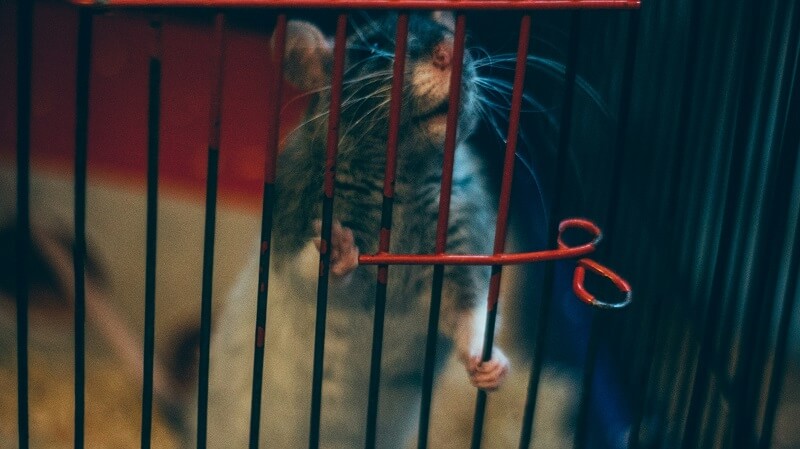
In the quest to provide the best living environment for your furry friend, the choice between a wooden hamster cage and a metal hamster cage is pivotal.
Each option comes with its own set of advantages and drawbacks, and making the right decision can significantly impact your pet’s well-being.
Let’s dive into a comprehensive comparison to help you determine which type of cage suits your needs best.
When it comes to choosing a cage for your beloved hamster, the appeal of a wooden hamster cage is undeniable.
Its natural elegance can seamlessly blend with your home decor while providing a cozy environment for your pet.
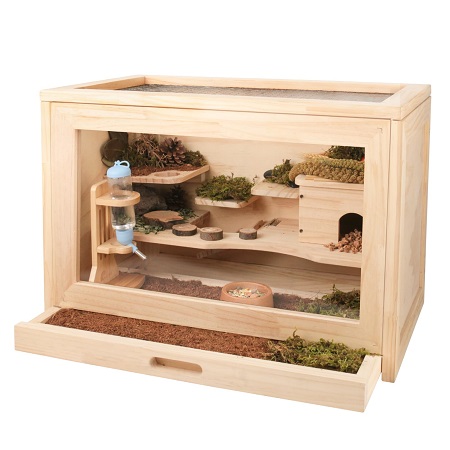
However, before you make a decision, it’s crucial to explore the pros and cons of wooden cages, address safety considerations, and understand the maintenance requirements.
In this section, we’ll delve into the world of wooden hamster cages, highlighting their unique features, challenges, and how to ensure your hamster’s comfort and well-being in these aesthetically pleasing enclosures.
When considering a wooden hamster cage, it’s important to weigh the pros and cons to make an informed decision.
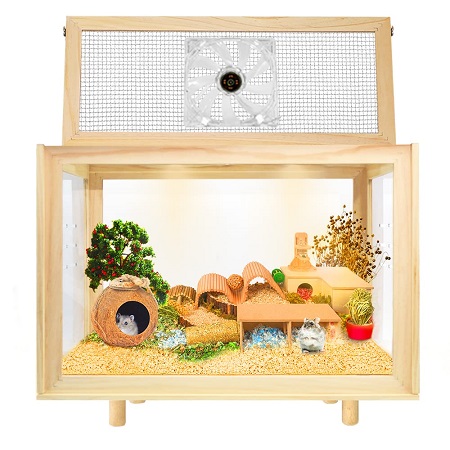
A wooden hamster cage offers natural elegance and comfort, but it’s essential to address its maintenance requirements and susceptibility to chewing.
With the right care and modifications, it can provide a cozy and beautiful home for your hamster.
Choosing the right cage for your beloved hamster is a crucial decision. here, we’ll explore the practical efficiency of metal hamster cages.
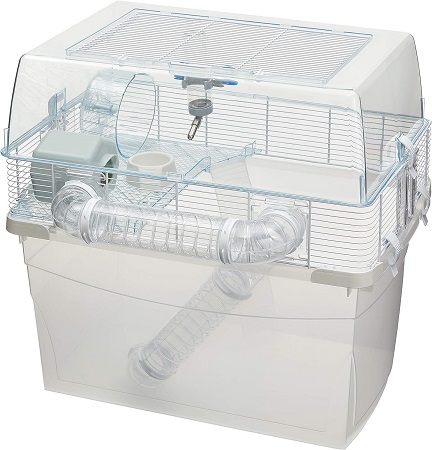
These cages offer unique advantages and considerations, including durability, safety features, ease of maintenance, and suitability for your pet.
Discover why a metal cage can be a practical choice that ensures the well-being and security of your furry companion while simplifying your pet care routine.
In the realm of hamster cages, the practicality of a metal hamster cage stands out. Explore the advantages and drawbacks to make an informed choice.
A metal hamster cage excels in practicality, safety, and ease of maintenance. Explore the unique features and consider your hamster’s comfort and aesthetic preferences when making your choice.
In the battle of wooden hamster cage vs metal hamster cage, the choice ultimately depends on your priorities and your pet’s needs.
Wooden cages offer natural beauty and insulation, ideal for those who prioritize aesthetics and temperature regulation. However, they require more maintenance and may be susceptible to chewing.
On the other hand, metal cages are practical and easy to clean, making them a sensible choice for pet owners with busy lifestyles. While they lack the natural appeal of wood, they are durable and chew-proof.
Consider your preferences, your hamster’s comfort, and your living space when making this important decision. Both cage types have their merits, so choose the one that aligns with your priorities to provide a happy and safe home for your beloved hamster.


Traveling with a pet hamster isn’t as straightforward as it might seem. It requires careful consideration of your pet’s safety, comfort, and the logistics involved.
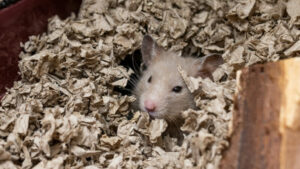
Finding the best hamster cage for Syrian hamster is crucial, as these curious, low-maintenance, and independent pets thrive in the right environment. The primary concern

When I began, the task of selecting essentials for a natural hamster habitat was daunting. To ease this process, I’ve assembled an exclusive set of

Have you ever wondered, “Are hamsters happier in bigger cages?” Generally YES. It’s a question that might seem straightforward, but there’s more to it than

Traveling with a pet hamster isn’t as straightforward as it might seem. It requires careful consideration of your pet’s safety, comfort, and the logistics involved.

Finding the best hamster cage for Syrian hamster is crucial, as these curious, low-maintenance, and independent pets thrive in the right environment. The primary concern

When I began, the task of selecting essentials for a natural hamster habitat was daunting. To ease this process, I’ve assembled an exclusive set of

Have you ever wondered, “Are hamsters happier in bigger cages?” Generally YES. It’s a question that might seem straightforward, but there’s more to it than